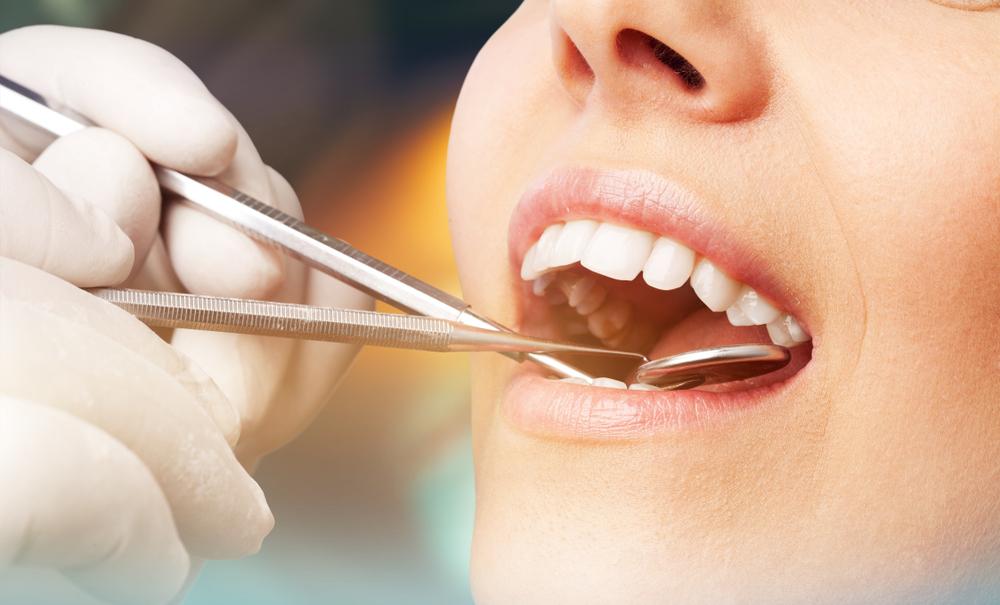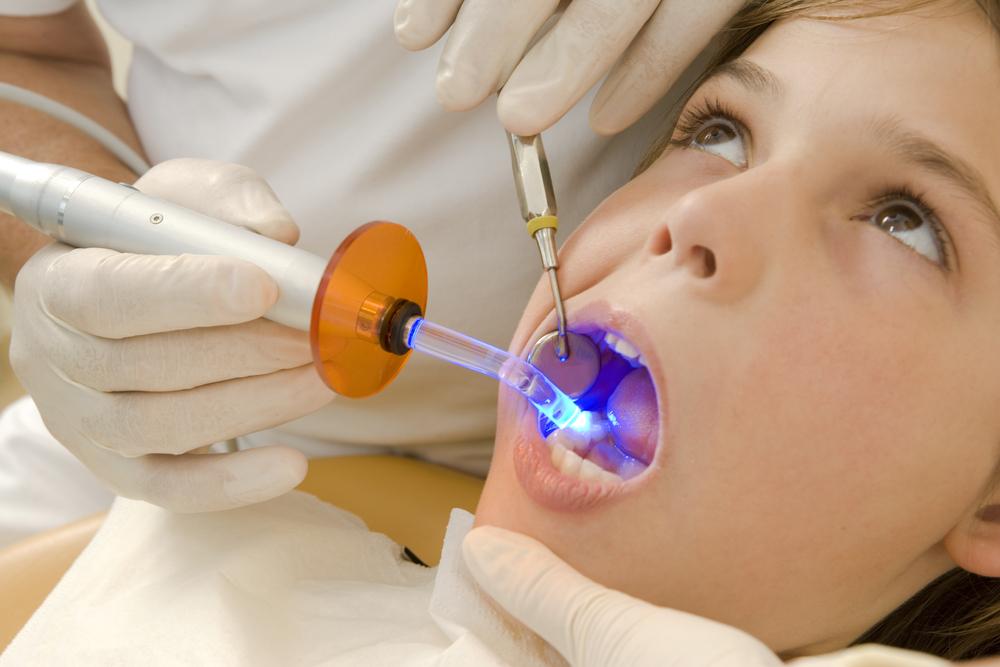Dental Fillings
Comprehensive Guide to Dental Fillings
Oral health is much more than just a pretty smile—it provides a window into your overall heath. Recent research findings are constantly supporting this powerful statement, underscoring the critical connection between dental health and general well-being. Maintaining that healthy smile requires more than just brushing twice a day; it involves regular check-ups, flossing, and a keen awareness of oral health issues such as cavities.
Have you ever experienced that sharp, sudden pain when you bite into a cold ice cream or drink a hot beverage? That could be a sign of a cavity, a common dental problem that affects people worldwide. Cavities occur when tooth enamel is weakened by bacteria-produced acids, creating small holes in your teeth. But fear not, because dental fillings are here to save the day. By filling these cavities after removing the decayed part and cleaning the area, dental fillings not only alleviate the pain but also prevent further decay, ensuring that your smile remains bright and healthy.
Let’s Get Started
Call Us:
Office Hours :
Mon-Fri: 8:00am-5:00pm
Email Us :
appointments@kokomodentistry.com
Address :
604 East Boulevard, Suite A, Kokomo, IN 46902










